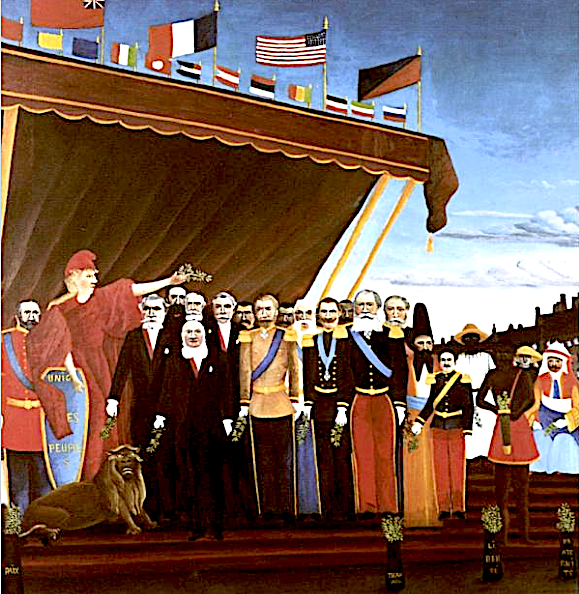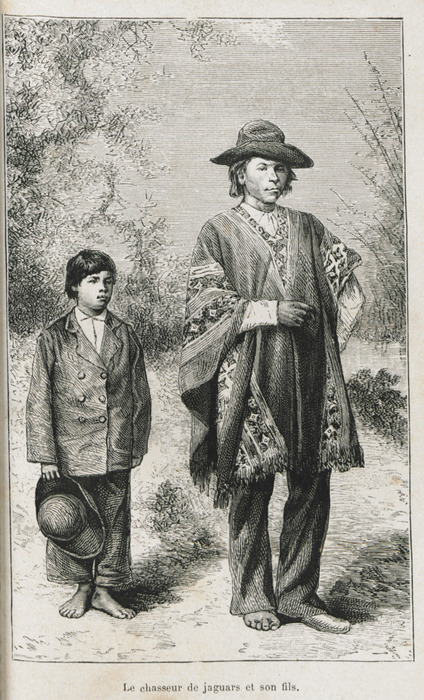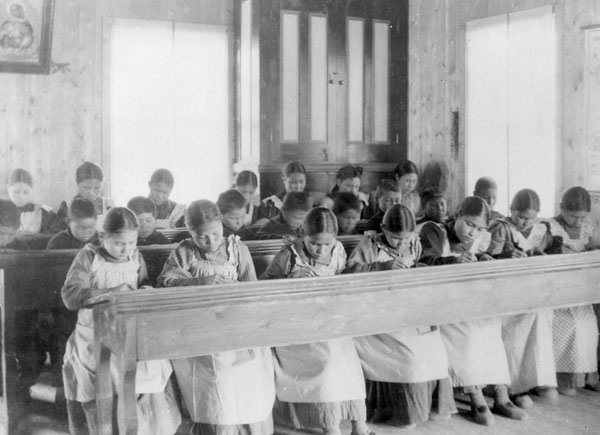|
I. OVERLAPPING
TERRITORIES, INTERTWINED HISTORIES
1. Empire, Geography,
and Culture
2. Images of the Past,
Pure and Impure
3. Two Visions in Hem
of Darkness
4. Discrepant
Experiences
5. Connecting Empire to
Secular Interpretation
II. CONSOLIDATED VISION
1. Narrative and Social
Space
2. Jane Austen and
Empire
3. The Cultural
Integrity of Empire
4. The Empire at Work:
Verdi's Aida
5. The Pleasures of
Imperialism
6. The Native Under
Control
7. Camus and the French
Imperial Experience
8. A Note on Modernism
III. RESISTANCE AND
OPPOSITION
1. There Are Two Sides
2. Themes of Resistance
Culture
3. Yeats and
Decolonizarion
4. The Voyage In and
the Emergence of Opposition
5. Collaboration,
Independence, and Liberation
IV. FREEDOM FROM
DOMINATION IN THE FUTURE
1. American Ascendancy:
The Public Space at War
2. Challenging
Orthodoxy and Authority
3. Movements and
Migrations
|



